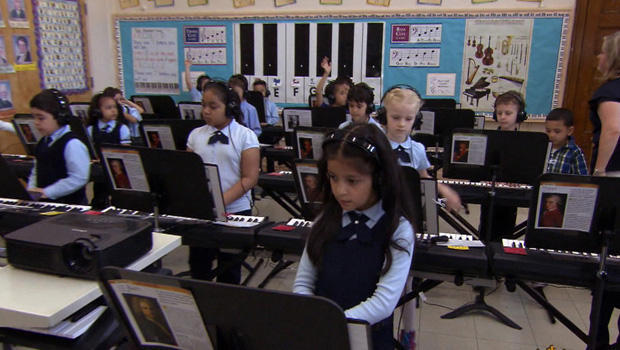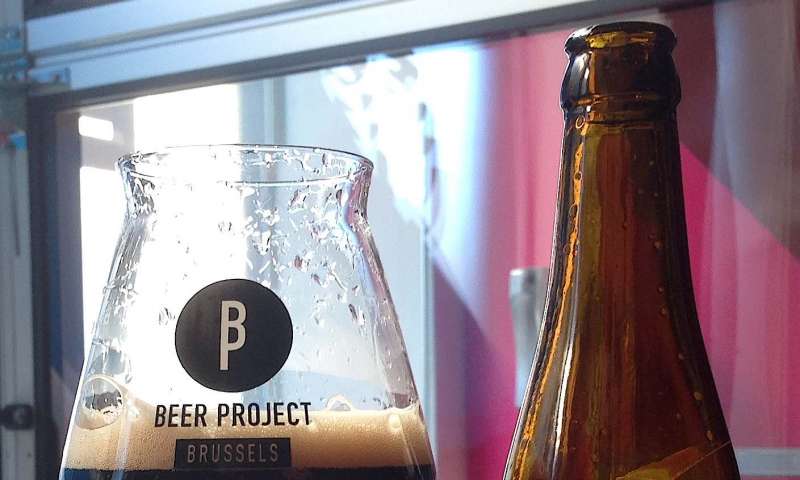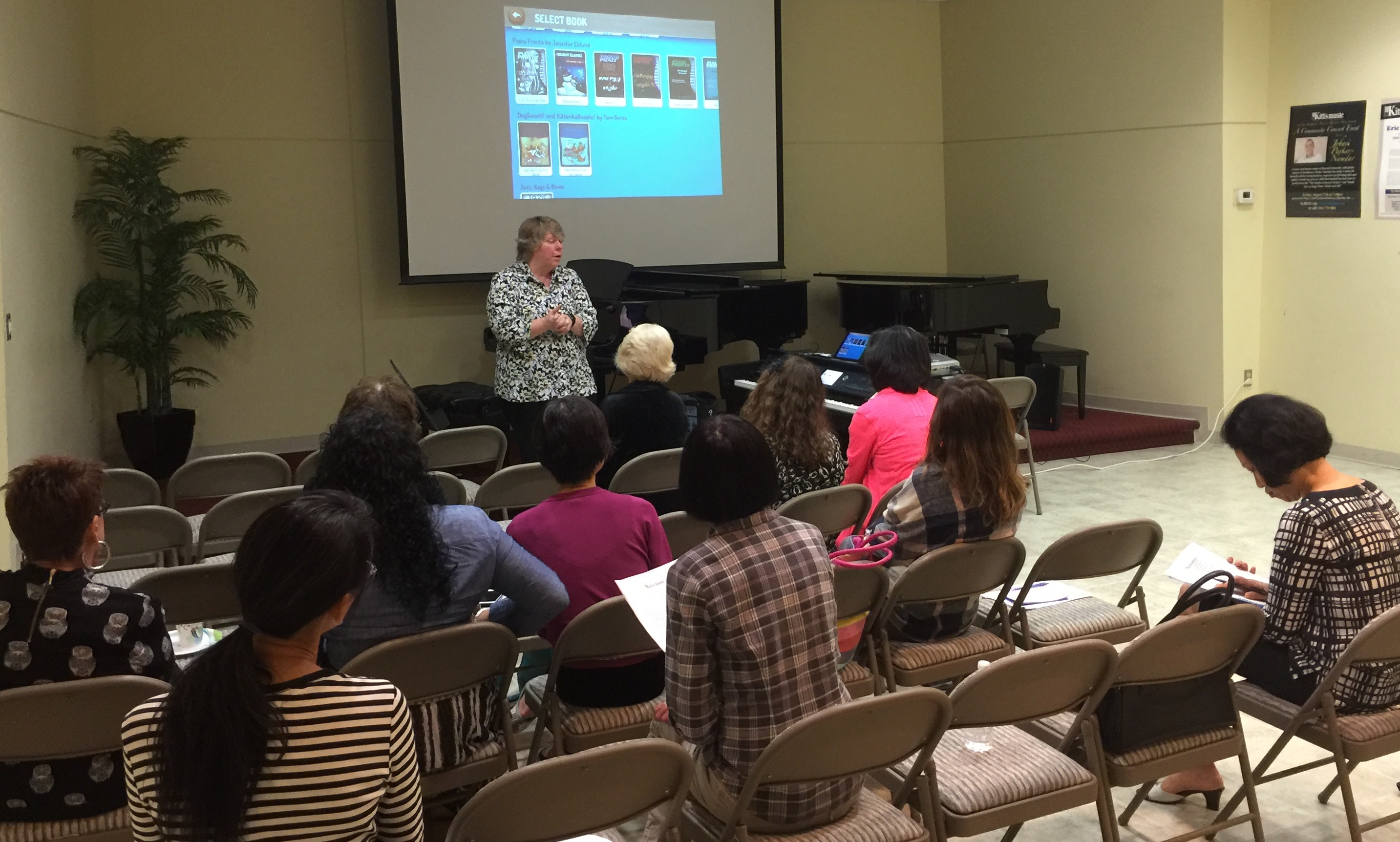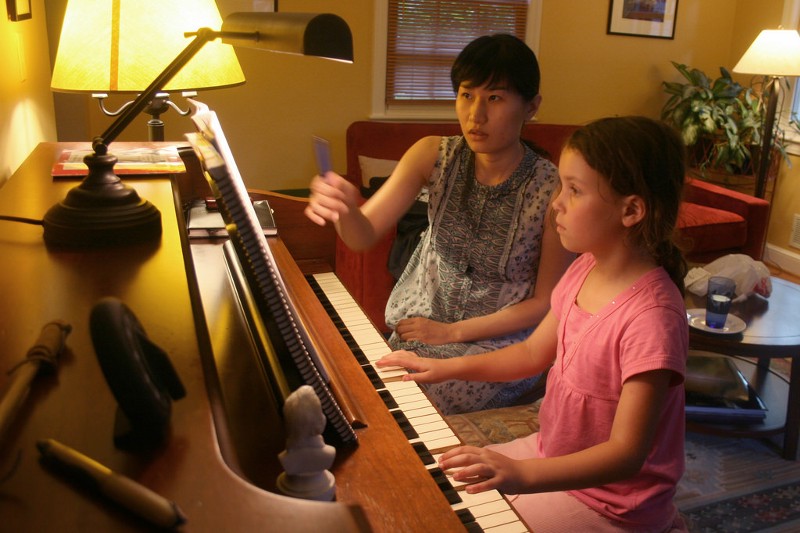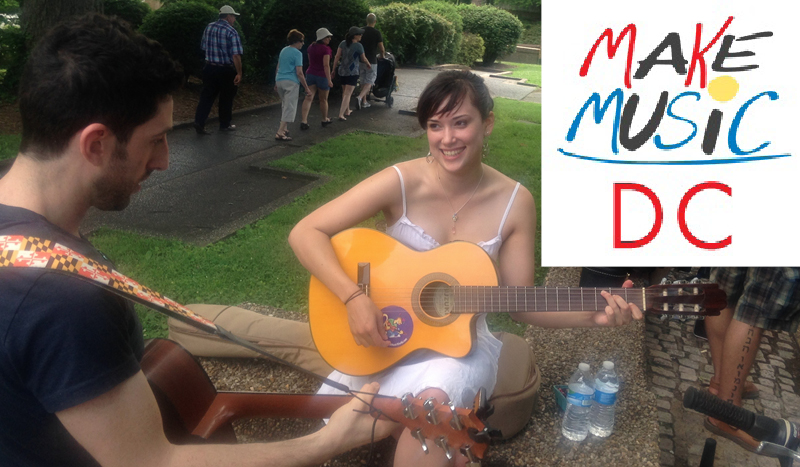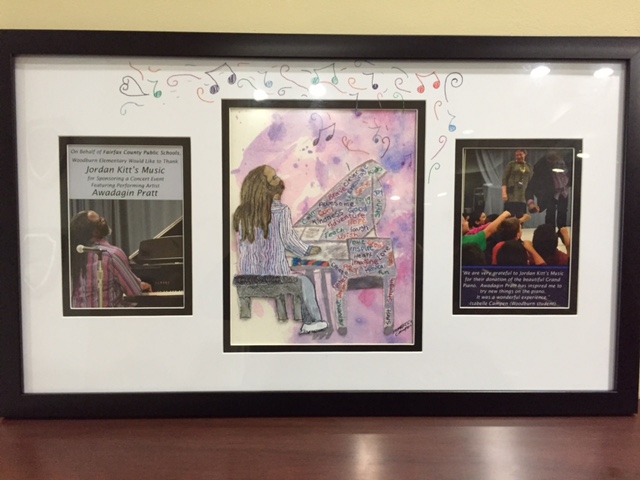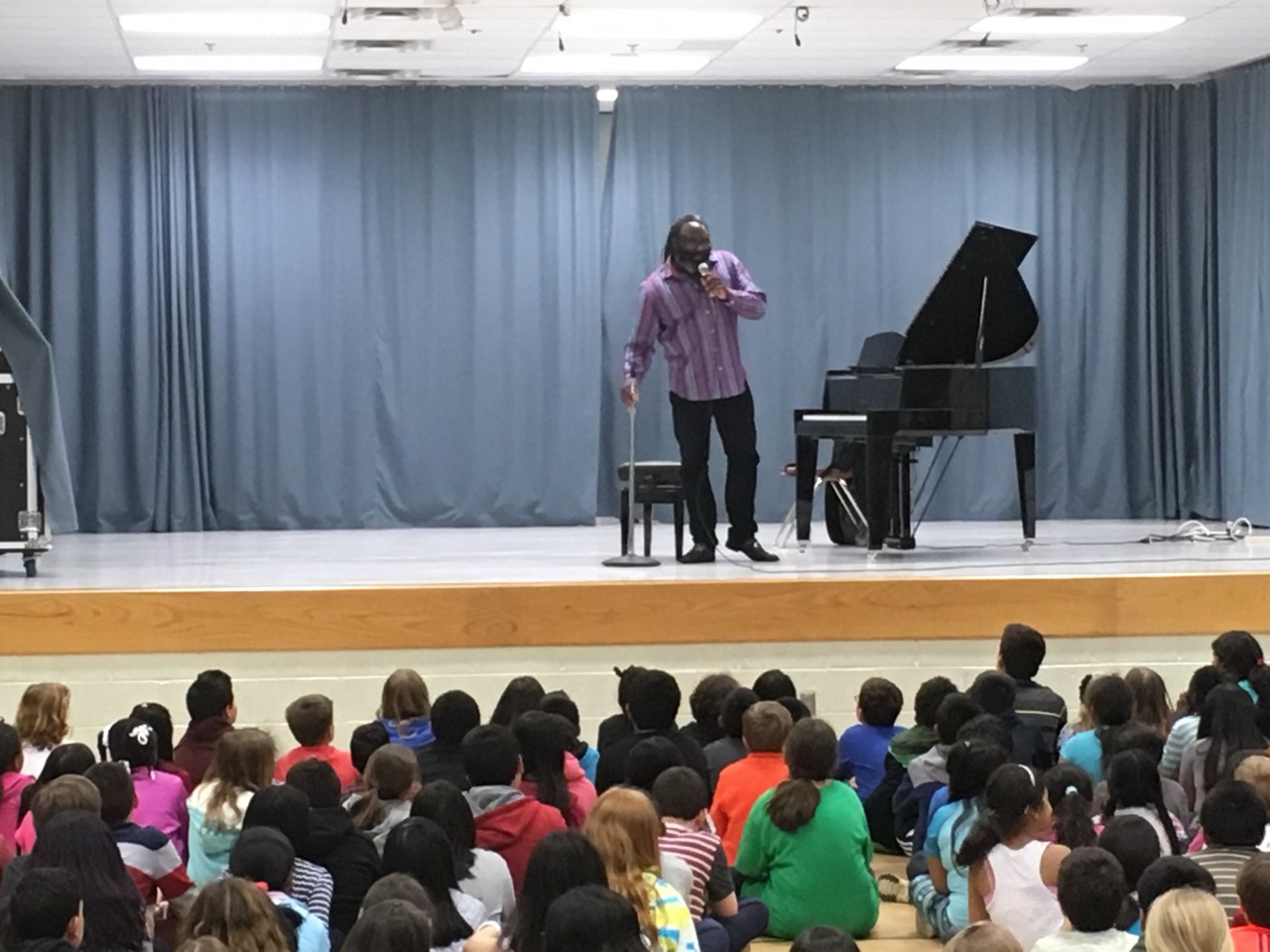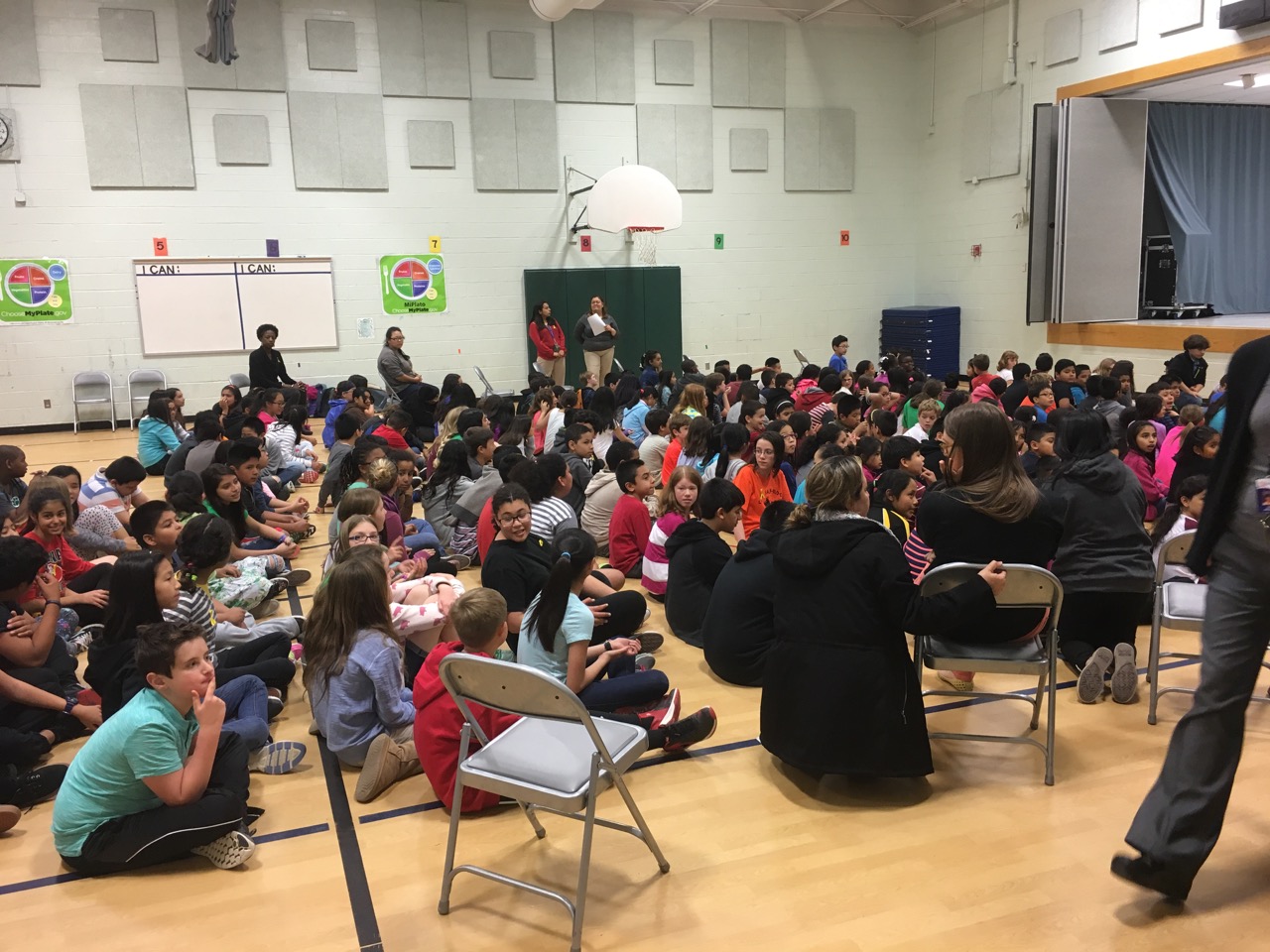Via CBS News
These days, as Michelle Miller is about to show us. thousands of elementary school students are hitting all the right notes:
The Mary McLeod Bethune Elementary School sits in a New Orleans neighborhood stressed by violence, poverty and the after-effects of Hurricane Katrina. But don’t tell that to the music teacher.
“Ooh, everybody has such a beautiful smile this morning! Good Morning!”
Pat Sylvain-Little’s music class is a world apart. And she says there’s a lot more going on here than just a piano lesson.
“It’s something about the keyboard,” Sylvain-Little told Miller. “You have so many things you have to do at once. You’re playing with two hands. You’re trying to read the music. You’re trying to count the rhythms, all at the same time. And what researchers have found is that it sparks the brain.”
Sparking the brain of a child is what motivated Lisha Lercari to create this course that’s now being taught in 14 schools in New Orleans, and 130 in New York City.
Lercari is a music teacher on a mission.
“I think children need to read music,” Lercari said. “I want to raise the bar high for them. I want them to be thinking beings while they’re playing and not just play it. It’s making it a process of thinking about it. It’s a process of using their brains.”
music-and-the-brain-students-620.jpg
The education program Music and the Brain aims to instruct young people far beyond the rudiments of music.
CBS News
In 1996, Lercari read a Newsweek cover story about children’s brains and how they develop; how exposure to music rewires neural circuits; how, in one experiment, music lessons improved the abstract reasoning of preschoolers.
She then spoke to scientists and researchers, and asked herself: How could she translate what was happening in laboratories back into the real world?
Miller asked, “Why is this necessary?”
“It’s necessary because children don’t have music in their lives,” Lercari replied. “But it’s also necessary because of what it does in other areas of education. We have seen their literacy improve, we’ve seen their language skills in other ways improve. Music sticks. It enhances memory skills. It helps with attention. It helps them focus.”
Decades of budget cutbacks had led to the gutting of art and music classes, so Lercari got funding from various foundations, devised her own program, and called it “Music and the Brain.”
“You’re doing it. Very good job! I love it. You’re doing a great job. Keep up that singing!”
At PS 71 in Queens, New York, Claire McIntire has been teaching the course for 12 years, mostly to kindergarteners and first- and second-graders.
“I don’t want to be a music teacher where it’s taught like ‘drill and skill,’” she told Miller. “Like, ‘Let’s go. You gotta do it again! Again!’ and make it boring.
“When the kids come in the room, I want them to walk in with a smile. I want them to leave with a smile. I want them to feel good about it. Mistakes happen every day, and I want them to know that’s OK.”
Most schools discover the program through word of mouth. And when they do, Lercari arrives bearing gifts: “Keyboard lab with piano, music stands, and keyboard stands and headphones, piano books, teachers’ manuals, theory papers, posters that go along with every page of every book, CDs that are instructional, and CDs that are for fun listening, and rhythm CDs as well.”
Here’s how it works: Students first sing the melodies — classical, world, folk and children’s songs.
Next, they learn the rhythms. Then, the notes. Along the way, teachers add the history, geography and languages associated with the music.
And finally, practice at the keyboard. One or two times a week, 30 to 45 minutes at a time.
Miller asked, “Can anybody teach this?”
“Yeah, if they’re willing to work at it!” Lercari laughed. “I would say the only people who can’t teach this are people who probably shouldn’t be teaching at all.”
Lercari is in constant contact with her music teachers. If a technique works in one classroom, she believes it will work in another. But in all the schools, the key is finding teachers who care as deeply as she does — teachers like Pat Sylvain-Little.
“Pat is one of the most beautiful teachers I’ve ever worked with,” Lercari said. “So many kids in New Orleans need a way out of ‘No Way.’ And she makes sure they find it. Nobody fails in her hands.
“I can tell you she saw every child every day. And we watched the ranking of this school go straight up. Her kids can do anything.”
Sylvain-Little says, if it weren’t for these classes, most of her students would never play the piano … let alone have one at home.
“Parents will say, ‘I didn’t even know my child was studying the piano,” she said. “I have some children that have told me, ‘I practice on the kitchen table.’ You know, they sing the letters and go through the music. And so a keyboard is wonderful, but if you don’t have it, it doesn’t stop you.”
Claire McIntire said, “A lot of the parents will come to me and they’ll say during parent-teacher conferences, they’ll ask me, ‘Miss McIntire, should I buy a keyboard?’ And I always tell them, ‘Listen, it’s better than video games. It’s better than watching TV. And your child really loves it. So why not?’”
Lercari plans to expand Music and the Brain into many more schools.
She’s ready for battle.

